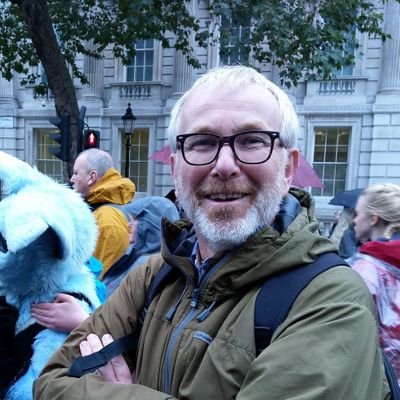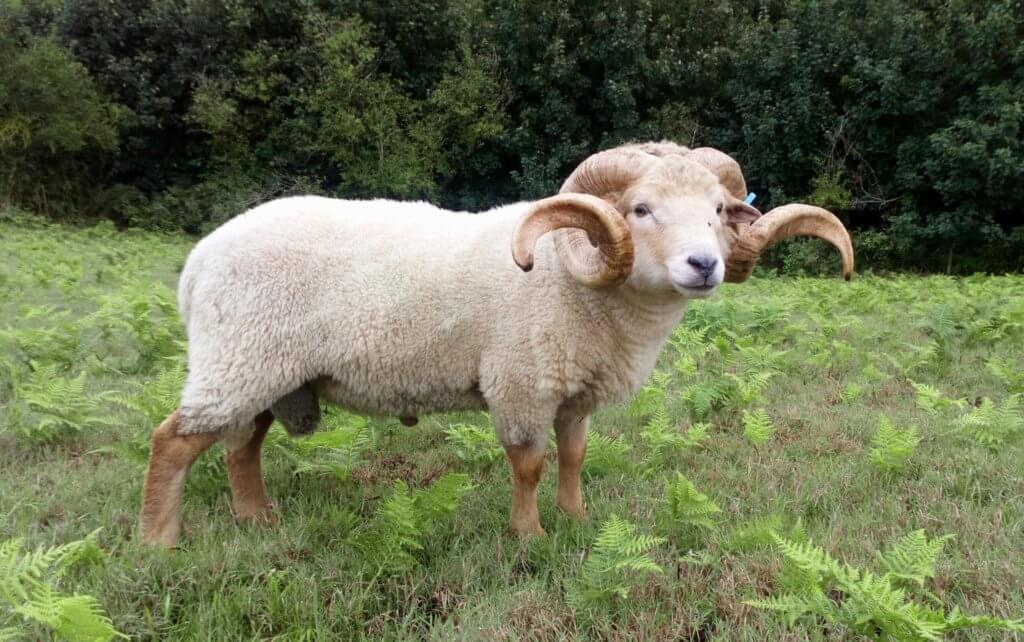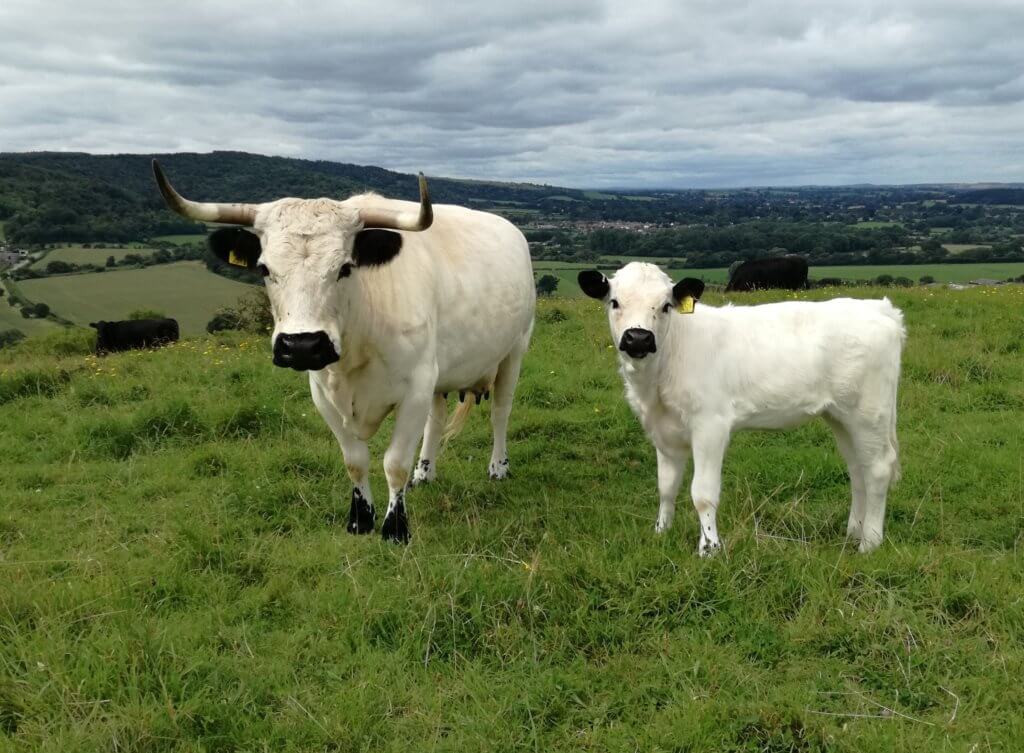
Alick Simmons is a veterinarian, naturalist and photographer. After a period in private practice, he followed a 35-year career as a Government veterinarian, latterly as the UK Government’s Deputy Chief Veterinary Officer. Alick’s lifelong passion is wildlife; he volunteers for the RSPB and NE in Somerset, is chair of the Universities Federation for Animal Welfare, a member of the Wild Animal Welfare Committee and a trustee of Dorset Wildlife Trust. A particular interest of his is the ethics of wildlife management and welfare. He is pictured above on the People’s Walk for Wildlfie inSeptember 2018.
This post, first in a series of four kindly hosted by Mark Avery, is about the use of animals. It starts with how I’ve grappled with the ethics of my part in that use. In it I attempt to answer the question that I ask myself daily: should I continue to use animals less than I do? Should I stop altogether? Then I ask the same questions of you. Do you ever think, ‘where’s the boundary’ or ‘what is acceptable?’ Unless you are an absolutist there’s no easy answer to that. It’s a questions of personal ethics. Applying ethics should start with information and knowledge but in a world of instant opinions, strident propaganda and sometimes hysterical commentary getting objective information about animals isn’t easy. This post and the three which will follow set out my take on the dilemma and will serve, I hope, as a primer for your own ethical framework.
In the developed world the majority of us world use animals. We eat them, watch them, pet them and wear their skins. We owe much of our health to research involving animals. Some of us, like livestock farmers and racehorse trainers, make a living from using animals and some, like riders, shooters and hunters, gain satisfaction and excitement from using animals. Some make a ritual of using animals, relying on tradition to defend its continuance. Many people are comforted by the companionship of dogs and cats. Of course, there is a growing number of people that take an absolute position: strict vegans, who might just be able to claim they don’t use animals. But for the rest of us, because of the way animals and their products are part of our lives, it is difficult to make a similar claim.
We have used animals as part of the fuel for the economic and social miracle that is today’s world. For the most part, as a result, we are well-fed and healthy. When it comes to food from animals, sophisticated and efficient food production and distribution systems mean low prices, choice and abundance. Research using animals has contributed to better health and increasing longevity. But all this comes at a price. Is it worth paying?
You might think that ever-increasing knowledge and transparency means we are better able to scrutinise and regulate animal use than ever before, should we choose to. You might think that we, citizens, are able to make granular choices about animal use. But it is more difficult than it first appears.
Perhaps ‘use’ isn’t a good way of describing our interactions with animals. I believe ‘exploit’ is a better term – we exploit animals. Both terms are emotive but it is important to appreciate this is rarely a mutually beneficial arrangement. It is one-sided and the benefits accrue solely to us, in almost all cases. By exploit, I mean the widest of dictionary definitions. That is, we ‘make full use of and derive benefit from’ the interaction. Exploitation includes everything from the least interaction with animals such as observing conserved wildlife or keeping a pet cat through to more significant interventions such as eating their meat and wearing their skins. It includes benefiting from medical advancement that uses research animals, for example, by avoiding disease by using a vaccine previously tested on animals. It includes killing animals for sport and the killing of other animals that are perceived to be a threat to that sport or other activity. And it covers conservation of animals in zoos, reserves and national parks including where populations are manipulated by culling and re-introductions.
In choosing to rely on animals for food, clothing, companionship, sport, etc we are accepting and condoning some degree of intervention in the lives of those animals. This might be direct intervention – I adopt a stray cat, you shoot a pheasant, he keeps cattle. Or perhaps it is indirect – I buy leather shoes, you go to the races, she has a kidney transplant. Each of those interventions has an impact. The animal might be killed prematurely so we can eat it, it might be prevented from breeding and displaying its full range of normal behaviour, it might be (legally) mutilated, it might be trapped, poisoned or shot or it might be surgically implanted with a device to aid scientific research.
Whatever the nature of the intervention, concerned people ought to give it some thought, because like it or not, we each have a stake and an interest in farms, zoos, households, the countryside, research facilities and other places which keep and exploit animals even if we are not directly involved in their care, management or survival. And any way you like to describe it, these animals are exploited; the relationship is almost invariably one-sided with few of the benefits falling to the animals. We can and should look after them better, rear and eat fewer of them and use more humane means of killing (if we have to). Or we could stop altogether.

I hope you think about it. I do and there’s been ample opportunity. I forged a career from animal exploitation. I eat meat, albeit a lot less than I used to, I fish (not with much success), I’ve killed animals for food and to relieve suffering, directed mass killing of farm animals to control epidemic disease and I keep cats. My very survival, following a life-threatening illness, was facilitated by research on animals. But I am an amateur naturalist, an aspiring but passionate conservationist and a lifelong birdwatcher. I have a strong interest in animal welfare and animal ethics.
I’ve agonised over inconsistencies in my behaviour and values, whether I should become vegetarian or rail against animal experimentation. I worry about the things I’ve seen and done, colluded in and failed to stop. Despite that, over the years and almost without conscious effort, I’ve developed a set of values that set the boundaries of the nature, extent and duration of animal exploitation that I am prepared to accept. These values, shaped by experience and knowledge, are not fixed. Influenced by events, new information and science, and discussion with experts and friends, I keep them under review and, occasionally, they change. Those changes have accelerated recently as I have become active in conservation and animal welfare. You could call it a personal ethical framework.
If you are reading this, it is likely that you are interested in animals and their welfare. You might have agonised over whether to eat meat or worry about whether animal experimentation is justified. You might have qualms about certain types of livestock farming and be sceptical about (or vehemently opposed to) fox hunting or fishing. There is every chance you have developed a set of values, a personal code of ethics that set your own boundaries for animal exploitation even if you don’t call it that. But, like the majority of people not directly involved in animal exploitation, getting information to set those boundaries is hard. How can you be sure ‘your’ code is informed by fact and not overly influenced by others’ dogma and propaganda? Is it consistent, defensible and coherent? Is it up to date? Are you confident that you have complete and accurate information? Or do you worry that have you been capturedvae HvH or hoodwinked by pressure groups and commercial interests?
This series of four posts is intended to help interested and concerned people through this maze and to help give you confidence that, in setting your personal ethical code, you are better informed and more comfortable in the choices you make. It is not about solely concerned with animal welfare although it includes much about animal welfare. Nor is it a plea for veganism or vegetarianism, although it might help you make the choice one way or the other. It is not about animal rights although I believe we need to give greater respect and protection to an increasingly large number of animal species as evidence of their sentience grows.
In the second post, I will examine the case for exploitation, the evidence that animals can suffer and consider how and why we tolerate differences in the way in which we exploit animals.
The third post will cover the main ways animals are exploited in our society outlining the best and worst examples. Post four will outline ways in which you can set your own framework and how you can best complete it using up to date information.

Thanks Alick for this useful and important blog.
We use a retired ‘yellow-lab’ guide-dog. She’s now 13 and slowing down quite fast.
This morning I let her out in the garden in the rain rather than both of us getting soaked on a proper walk.
I caught myself getting cross with her as she stood by the open back door, in the wet, waiting to come back in.
Stupid and grumpy me – the door was not wide enough for her to pass through together with her former blind owner.
So, the rigorously instilled discipline of her guide-dog training had kicked in – ‘brakes on and wait.’
Yes, it’s complicated and as you suggest, we all need to think about every aspect of animal ethics much more. Looking forward to your next blogs.
Interesting blog,and I look forward to the next one.
Having been a farmer and a zookeeper and worked in agricultural research ,I’ve had the same moral dilemmas, but have tried to find a middle path that I find acceptable.
Like most things it’s all a bit more complicated than it looks at first.
Yes, it’s complicated! As Bjarne Stroustrupf says ‘if you think it’s simple, then you have misunderstood the problem.’
There isn’t a day goes by where I don’t thrash out the questions raised here. On such a polarising subject it’s so, so refreshing to read a balanced and well thought out account. I really look forward to reading the follow up posts…
Thank you. I’ve only just got started.
Thanks…I’m constantly questioning my values and trying to find my ethical framework. I’ll look forward to the next posts.
I’m glad you liked it.
Such a thought proving entry- it’s hard where there are so many choices and avenues to go down when deciding our ethics on these matters. It’s important to validate your efforts, no matter how small they are, from buying fair trade products to avoiding animal products altogether.
Thank you. It’s difficult to validate your choices and in some cases impossible. I’ll explore how it can be done in later posts. But, for what it’s worth, I advise not beating yourself up if, on occasion, you get it wrong.